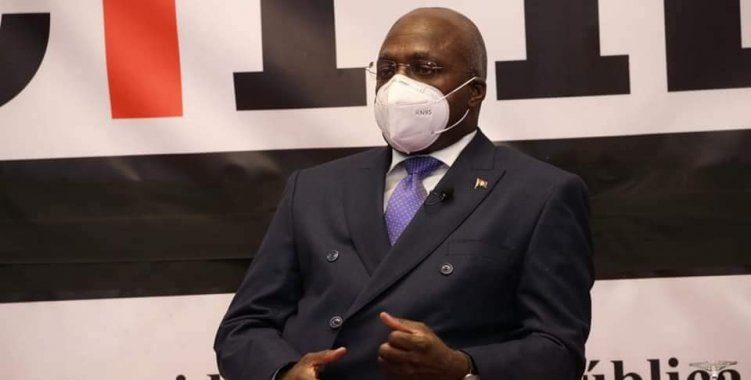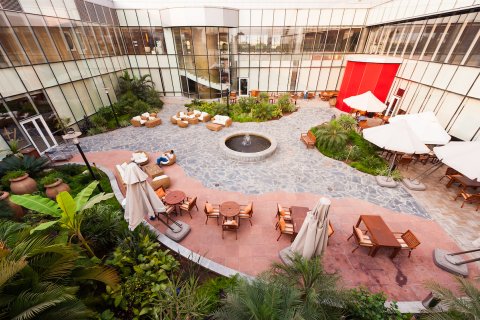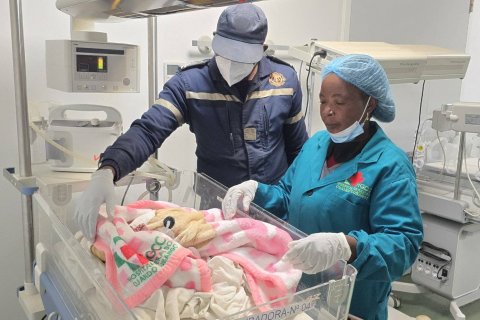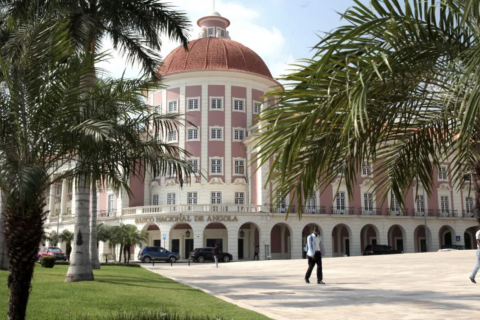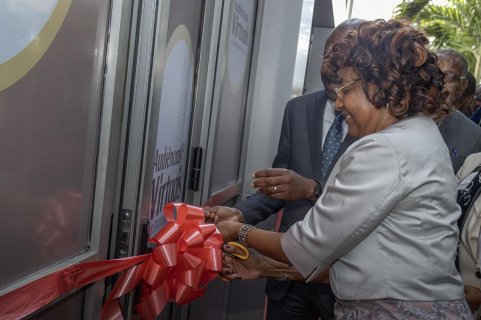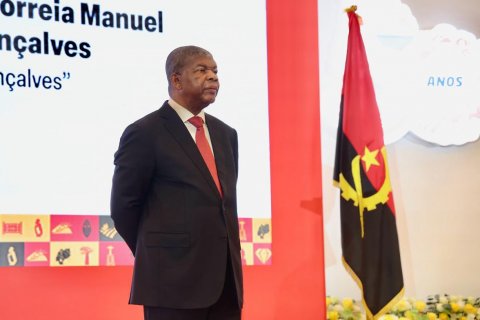According to the official, the country, for the affirmation of its economic diplomacy, bet on two fronts, one internal and the other external, with the focus on creating conditions to capture dividends with the reforms of international economic relations.
Among the measures to improve the business environment at the country level, Téte António pointed to internal administrative reforms, the visa facilitation process and judicial reforms as levers to attract investment.
The minister was speaking during a space called "CaféCIPRA" (Press Center of the Presidency of the Republic of Angola), in Luanda.
The panel of speakers also included the ministers of Economy and Planning, Mário Caetano, of Industry and Commerce, Victor Fernandes, and the chairman of the board of directors of the Private Investment and Export Promotion Agency (Aipex), António Henriques da Silva.
The theme of the meeting, launched on Friday by CIPRA, was "Economic Diplomacy – balance and perspectives".
"Attracting direct investment, including judicial cooperation so that we can bring back the assets that improperly left the country", is also one of the actions mentioned by the minister, in the foreign chapter, in the context of Angola's economic diplomacy.
"The President of the Republic, as diplomat number one, visited several states to attract investment and in doing so he responded to a concern when he said that we are doing a lot for political diplomacy, but we still had a lot to do for economic diplomacy", he stressed.
Téte António also pointed out the strategic partnerships in which Angola participates, such as forums China/Africa, Turkey/Africa, Korea/Africa, European Union/Africa as "indispensable" mechanisms for the development of the country and the African continent.
"There we presented our positions, above all to correct the 'African paradox', having a continent potentially rich with raw materials, 'but with citizens, mostly young, poor,'' he pointed out.
"And this paradox is that we are fighting to correct and that is also based on the diversification of our economy", stressed the Foreign Minister.
Asked about Angola's commitment to investment in the Middle East, Téte António said that "partnerships are not static and this commitment arises for the diversification of partnerships".
For his part, António Henriques da Silva spoke about the quality of investments in the country, highlighting the Special Economic Zone, which brings together different aspects, namely the "generation of employment and the application of technological knowledge".
On the issue of repatriation of dividends, also questioned by the assistance, made up of businessmen, economists and journalists, the president of Aipex said that this "is no longer a problem".
"We at Aipex, in the last three or four years, never had a complaint again, in fact, the BNA [National Bank of Angola] ended up liberalizing the foreign exchange market and this passed to the sphere of commercial banks, which made it easier because it was a measure with consistency", assured Henriques da Silva.

